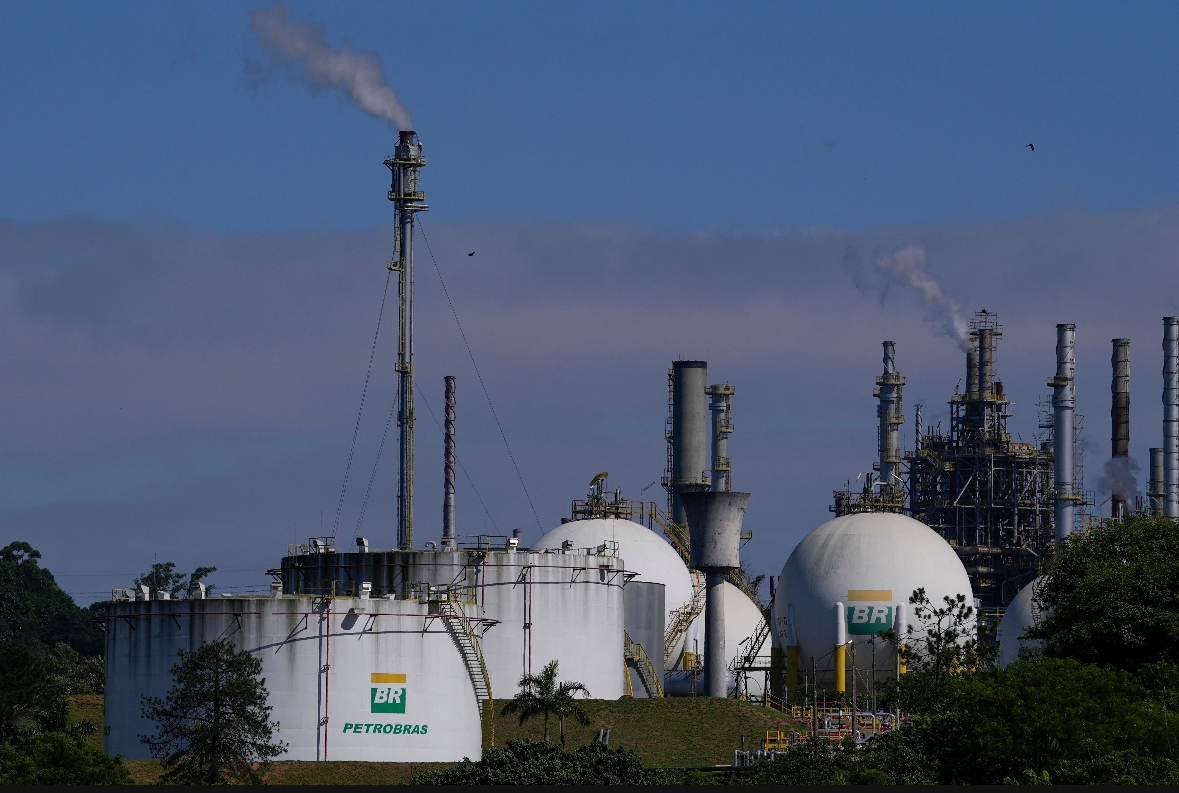The "law to simplify the environmental approval process" is known in Brazilian environmental circles as the "law of devastation". It was rushed through by the Chamber of Deputies in a night session before the congressional recess in mid-July.
President Luiz Inácio Lula da Silva has now vetoed parts of the law.
The reason for this withdrawal: Lula's left-wing government is afraid of offending the conservative Congress. More than two thirds of MPs had voted in favor of the law.
Environmentalists are up in arms against the law: they fear that simplified approval procedures will lead to greater climate risks and environmental damage, opening the door to one of Brazil's most controversial investment projects.
This is because Brazil also has high hopes for the oil deposits that are believed to be under the seabed of the Atlantic Ocean at the mouth of the Amazon off the north coast of Brazil. Neighboring Guyana is in the process of becoming one of the new global oil giants due to the oil produced there. From a geological point of view, there is much to suggest that the deposits extend into Brazil's sovereign territory.
The Organization of the Petroleum Exporting Countries (Opec) expects Brazil to increase its oil and gas production from the current 4.2 million to 5.8 million barrels per day by 2030. After the USA, this would make Brazil one of the countries that could increase its fossil fuel production the most over the next five years. Brazil currently ranks 8th among the world's largest oil producers; it could rise to 4th place by 2030.
However, the credibility of Brazil's climate policy is at stake with the potential oil production. Brazil has committed to significantly reducing its greenhouse gas emissions as part of the Paris Agreement. An expansion of oil production contradicts these goals.
Politically, however, it looks like the proponents will be successful. They have a strong lobby in Congress, in the cabinet, among the trade unions and in the federal states in the north of Brazil. President Lula is also in favor of the project: he would rather offer poor Brazilians jobs, education and health care financed by oil revenues than do without them in order to protect the environment. International environmental prizes do not win elections in Brazil, but social programs and electoral aid from the oil industry do.
With the decree for accelerated special procedures, a victory for the oil lobby seems likely. The majority of Congress is in favor of oil production. Elections are due next year. Lula can hardly afford to alienate his remaining allies in the north and north-east with an environmental policy with which he himself hardly identifies. A conservative successor would probably remove obstacles to oil production immediately.
$PBR (-0,93%)
$PETR3 (+0,2%)
$PETR4 (+0,99%)

Source: Text (excerpt) & image: Handelsblatt, 13.08.25


